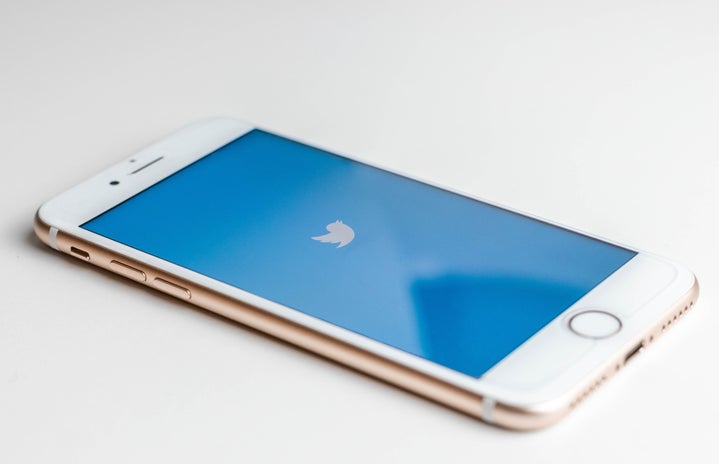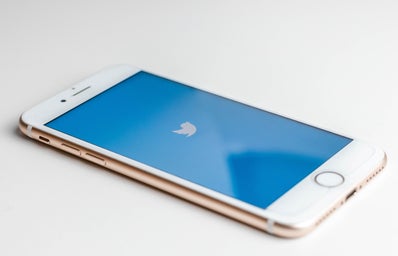Why Does Chris Brown Escape Cancel Culture?
Cancel culture, while initially intended to hold problematic celebrities accountable, has now become a toxic trend of exposing past mistakes of celebrities, no matter how small. Some new creators are “cancelled” nearly as quickly as their rise to fame. Almost everyone can agree that cancelling celebrities can sometimes go too far, and that also celebrities, just like anyone else, can learn from their mistakes.
One particular singer, however, seems to escape being “cancelled” despite deserving it the most. That’s right, I’m talking about Chris Brown: singer, songwriter and domestic abuser. This man beat Rihanna while they were dating, and has continued to exhibit reckless and violent behavior, especially during interviews. So why has the internet not cancelled him yet? And why has the assault failed to permanently impact his singing career?
I personally avoid listening to any of his music because I cannot morally allow myself to support someone who would hit a woman, no matter how good their music is. Some people may agree with me, yet Brown still has a consistent fanbase and drops singles regularly. He even features on songs with other artists, a few of whom use “wokeness” within their image. I am surprised any artist would want to work with him, especially after the “Me Too Movement” and its exposure of abuse within the entertainment industry.
Of course, his behavior would never be excusable in any circumstances, but what confuses me the most is how Rihanna, an influential and beloved star herself, has fans that openly support Chris Brown’s work, as well. This raises the important question: is it possible to appreciate the art without supporting the artist?
In my opinion, no. Supporting the art directly supports the artist financially, so there can never be a clear separation. This art was created through the lens of an abuser, and should be treated as such. This becomes complicated when looking at artists and writers throughout history, where different types of behaviors deemed socially acceptable. But Chris Brown exists in the present, and it is no argument that what he did was downright terrible.
It truly angers me that he has suffered minimal repercussions to his personal life, wealth, and career. His fans must see things differently, since they are seemingly unaffected by his abusive past. This leaves one last question: Did Chris Brown’s fans collectively forget about his past actions, or do they just not care enough?

